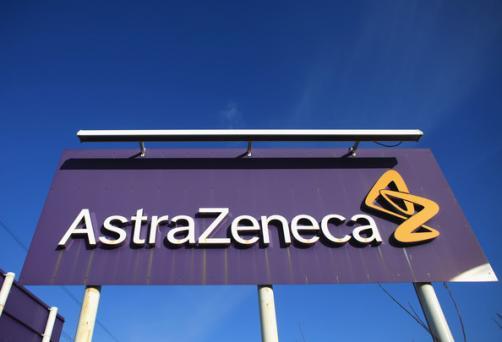AZ strikes COPD deal with Circassia, suffers setback with blood drug

AZ has entered into a collaboration in chronic obstructive pulmonary disease to promote two treatments in the US - but has also suffered a fresh setback to a potential blockbuster.
The big pharma company has teamed up with UK biotech Circassia, which is trying to recover following the trial failure of its cat allergy treatment last year.
Circassia will lead development and marketing of Tudorza (aclidinium bromide) and Duaklir (formoterol+aclidinium) in the US in a deal worth up to $230 million, plus future royalties.
Circassia will issue $50 million equity to AZ on completion and pay a further $100m on 30 June 2019, or approval of Duaklir by the FDA, whichever is first.
The companies will share profits and Circassia has an option to secure remaining rights and economic benefits of inhaled Tudorza for all respiratory indications in the US.
Circassia will get the option based on sales of Tudorza in the year or so after the deal closes, or if Duaklir is approved by the end of 2019.
It will then make further payments to AZ of up to $80m dependent on the level of Tudorza sales.
Tudorza is already approved in the US and generated $80m in revenue, and Cantor Fitzgerald analysts Brian White and Paul Taylor said in a note that approval of Duaklir is a “low risk affair”, although it is trailing behind GSK’s rival Anoro (umeclidinium+vilanterol).
They said the deal allows AZ to focus on development of its more important respiratory drug benralizumab, which could become a blockbuster if approved in COPD.
AZ has been selling off its older drugs, or those it sees as surplus to requirements, in order to fund R&D into a new generation of drugs as sales of its lung cancer drug Iressa (gefitinib) fade because of generic competition.
White and Taylor added the deal is a “positive step for Circassia as it seeks to exploit the commercial infrastructure it has in place in the US respiratory market.”
The deal sent Circassia’s share price up almost 20% to just over 104p on the London Stock Exchange, although this is far below the 250p its shares commanded before the cat allergy trial setback last year.
FDA rejects ZS-9 - again citing manufacturing concerns
But AstraZeneca has had another setback for its high blood potassium drug, after the FDA rejected it for a second time due to concerns over manufacturing arrangements.
Last year the FDA rejected ZS-9 – or sodium zirconium cyclosilicate – due to concerns over manufacturing arrangements, and according to AZ’s latest update the regulator still has concerns.
The latest rejection letter follows another inspection of the ZS-9 facility, but AZ gave no further details, although it noted that the FDA does not require any new clinical data.
The company is working with the FDA to resolve the issues, although in Europe the drug looks likely to be approved in the coming weeks after the CHMP scientific committee recommended it for marketing authorisation.
AZ said it remains committed to the development of ZS-9, after buying ZS Pharma for $2.7 billion in 2015 to get access to the drug.
If AZ can solve the manufacturing issues and get the drug approved in the US, it is expected to become a blockbuster.
Relypsa – now part of Vifor Pharma – already has a rival, Veltassa (patiromer) on the market. This received a boost in November when the FDA said a black box safety warning, separating it from other medications, was no longer needed.












